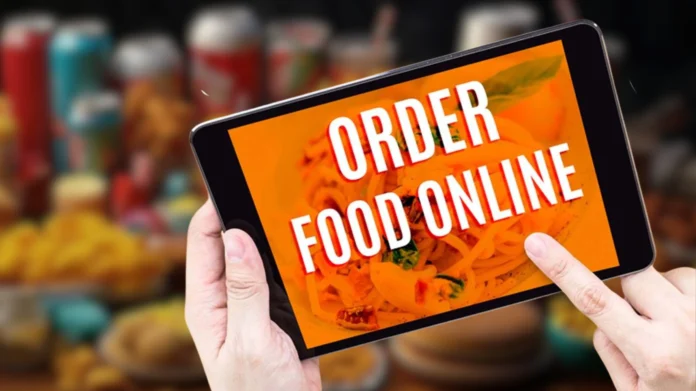In developed countries, the trend of delivering food via drones is becoming increasingly common. However, research indicates that this additional convenience is impacting public health.
Globally, the trend of online food delivery is on the rise, with a significant portion of these deliveries consisting of unhealthy food options.
This growing preference for online food delivery services is evident, with millions of people around the world relying on these services. The majority of these users are between the ages of 25 and 34.
Research conducted by Deakin University in Australia reveals that the food available through online delivery platforms is predominantly unhealthy.
The study highlights that in socioeconomically disadvantaged areas, unhealthy food is more likely to be delivered via drones.
The research also indicates that unhealthy food options on these platforms are often more visible and come with discounts, which increases their attractiveness compared to healthier options.
This visibility and cost-effectiveness are significant factors contributing to the promotion of unhealthy eating habits.
This trend is particularly concerning given the global rise in obesity and related health issues. The convenience of online food delivery, combined with the aggressive promotion of unhealthy food, poses a substantial risk to public health.
As these services become more integrated into everyday life, it is crucial to address the health implications of the foods being delivered.
The findings of the Deakin University study call for a reassessment of how online food delivery platforms operate, especially in terms of the types of food they promote.
There is a clear need for these platforms to offer healthier options and to make these options more visible and attractive to consumers.
Moreover, there is a need for public health policies that encourage healthier eating habits and regulate the marketing practices of online food delivery services.
Such measures could help mitigate the negative health impacts associated with the convenience of having food delivered to one’s doorstep.
In conclusion, while the rise of online food delivery services offers convenience, it also brings with it significant health challenges.
Addressing these challenges requires a combined effort from policymakers, health professionals, and the food delivery industry to promote healthier eating habits and ensure that the convenience of food delivery does not come at the cost of public health.




